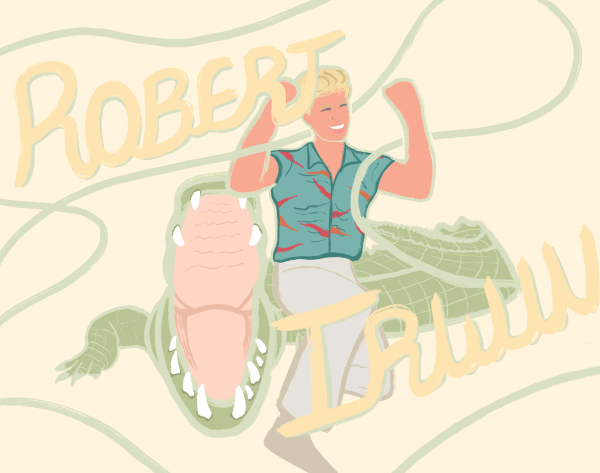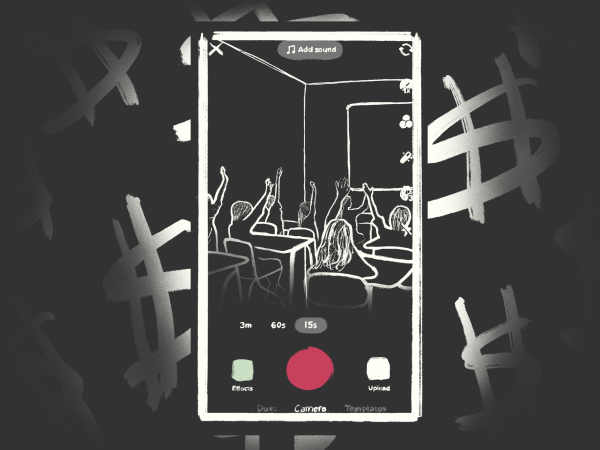The SheHawk: on vulnerability, boundaries and connection
After the chaff of high school is rinsed away and we begin to step into the responsibilities (and terrors) of life as an adult, our relationships begin to become more important to us. The connections and friendships we formed earlier either begin to deepen and mature, or they are cut off in favor of more constructive connections.
Sometimes we are sucked into the vortex of a toxic relationship, potentially an abusive one, that swallows our self-esteem and our self-worth. Sometimes we feel isolated and lonely; we long for an understanding friend to talk to, and sometimes we idolize our significant others without ever truly opening up to them.
What is the secret to infallible relationships, the rich and maturing kind that age like good wine into our adulthood? How do they begin?
There is not, unfortunately, a magic recipe for good friendships and romantic relationships. If you want a relationship to work, you must put in the work. The best way to do this is with two nearly opposite components: tender vulnerability and reliable boundaries.
How do these work together?
Let’s look at them separately first.
Vulnerability is a catalyst for honesty. Sometimes we are afraid of sharing and afraid of being honest because of the fear of rejection. We fear that whomever we are talking to will not understand what we mean, or that they will take it the wrong way.
But vulnerability is also the catalyst for honest relationships, the kind that are formed on trust and shared understanding. If you are vulnerable with someone and they mishandle you and disrespect you, then you should consider the entire relationship itself.
Does this person value your worth? Do they make you feel better or worse after you are with them? Is this someone you can trust?
If the answer is no, then you should consider boundaries, our friend on the opposite end of the spectrum.
Boundaries are the measure of self-respect.
Setting boundaries means not apologizing when we do not have to and not feeling burdened for how other people feel when we speak up. Creating boundaries means actually speaking up and learning how to say “no.”
If someone does not respect your boundaries, they probably benefited from your lack of them in the first place.
To foster an empathetic, understanding relationship with someone—the kind that can stand the test of time and turmoil—open up to them. Be your honest self with them. Let this honesty be the seeds for a relationship that is steadfast and true.
As we grow into adulthood, we also grow into ourselves. Before we create meaningful connections, we should understand and respect this identity.
Self-respect gives us the courage to open up, to be honest and to create boundaries that encompass this. From this fount, the rest of our lives flow.













